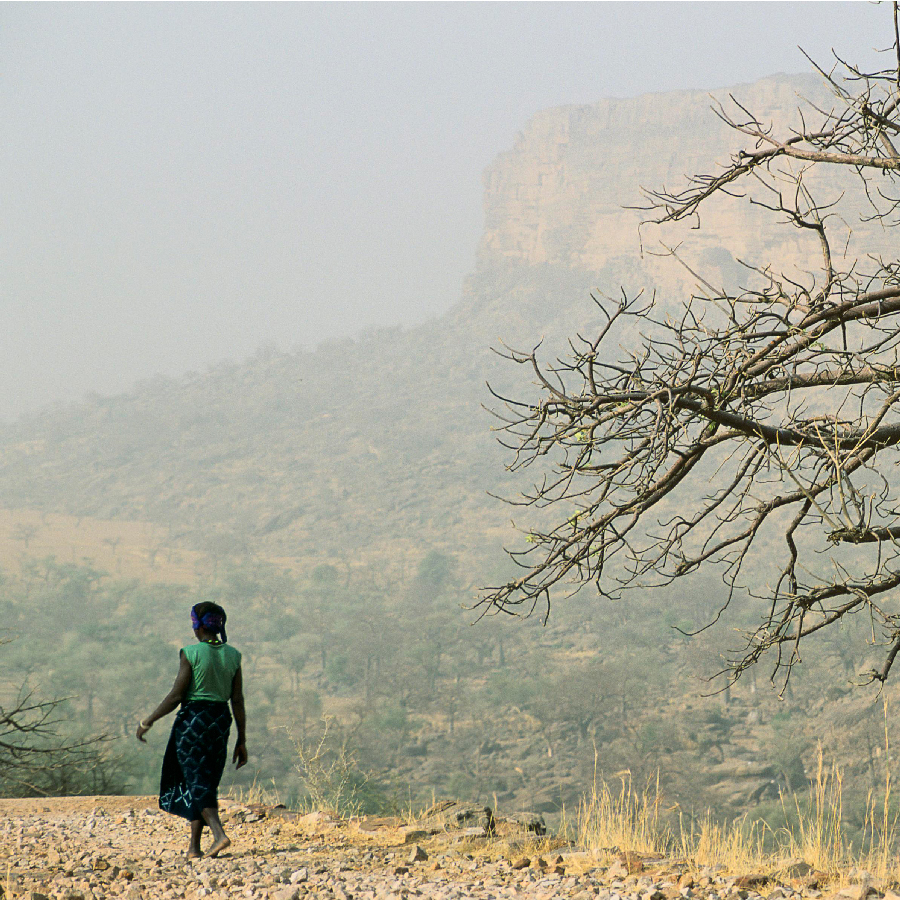In the heart of Marrakech’s Medina, women gather to seek the contraception and information they need and want to plan their families. They are attending the Association Marocaine pour la Planification Familiale (AMPF) – part of the International Planned Parenthood Federation’s Member Association global network of family planning clinics – which provide critical life saving contraception, and empower women, men, and young people to realize their reproductive rights. Everyone is welcome, for instance, AMPF’s youth committee is busy providing the critical platform for young people to discuss how they view sexual and reproductive health, being young and the emotions associated with this stage of their lives.
Just a few miles away, world leaders are convening to discuss innovative ways to counter the impacts of climate change at the United Nations’ annual conference on this critical development challenge, COP22. One hope many people had for COP22 was for a new generation of projects to be implemented, furthering the progress made at COP21 in Paris which proved to be a breakthrough in terms of recognizing gender responsive action to better respond to climate change. Yet as we move towards implementation, we still have a long way to go to integrate gender into all thematic areas of climate change. The surprise election of Donald Trump on day two another layer of uncertainty to the Morrocan meeting, and despite expectations for action, there were few notable achievements at COP22, especially on the topic of gender. You can read the Population & Sustainability Network’s full synopsis here.
A recent report from UN Women on women’s participation in the United Nations Framework Convention on Climate Change, confirmed that only one third of Nationally Determined Contributions (NDCs) include gender and only 10% of climate financing is currently allocated to women’s participation in adaptation and mitigation activities. NDCs refer to the reduction in greenhouse gas emissions (one of the leading drivers of climate change) countries signed up to in the lead up to last year’s climate change conference.
At meetings like COP22, sexual and reproductive health and rights, including family planning, compete for space with discussions on renewable energy, green finance systems, conservation, and other climate change issues.

Photo: Curt Carnemark / World Bank
While the world agrees that women are part of the solution to climate change, the essential activity of ensuring their sexual and reproductive health and rights has not been adequately included in climate policy discussions. Therefore it is up to us – family planning advocates –to raise awareness on family planning as a critical, human rights-based, and cost-effective approach to climate change adaptation and resilience building. The International Planned Parenthood Federation (IPPF) and Population & Sustainability Network, both members of the Population and Sustainable Development Alliance (PSDA), are advocating for women’s empowerment and sexual and reproductive health to be prioritized in the planning and funding of sustainable development and climate change adaptation. Members of PSDA understand that providing women and families with the means to prevent unwanted pregnancies is not only an end in itself, but can also improve the socio-economic status of women, reduce the strain on the environment, and improve natural resource conservation.
In the lead up to COP22, IPPF and the Population & Sustainability Network produced an advocacy and communications toolkit entitled Climate Change: Time to “Think Family Planning.” The toolkit is aimed at national family planning advocates to enable them to engage in climate change policy discussions to further, not only family planning goals, but also contribute to climate change objectives. By giving women control of their own reproductive future, we reduce unintended pregnancies which in turn lessens the risk of environmental impacts and enhances the potential for societal resilience to climate change, water scarcity, food insecurity, the loss of biological diversity, and related threats. The World Health Organization has said, “family planning is key to slowing [population growth] and the resulting negative impacts on the economy, environment, and national and regional development efforts.” Indeed, sustained advocacy must go beyond COP22 and challenge the discourse that family planning is critical to climate change adaptation and environmental sustainability.
To learn more, watch the “Time to Think Family Planning” video.
